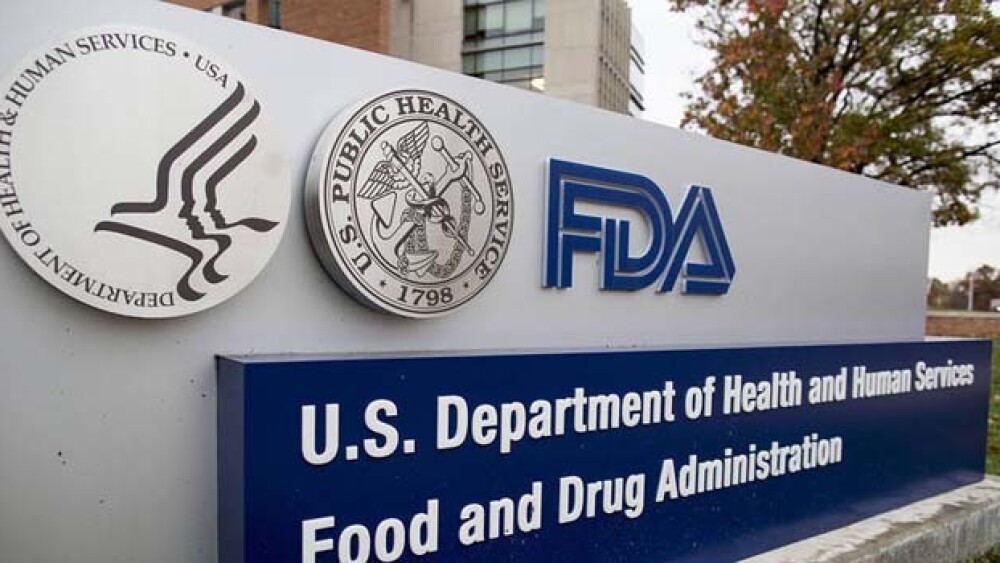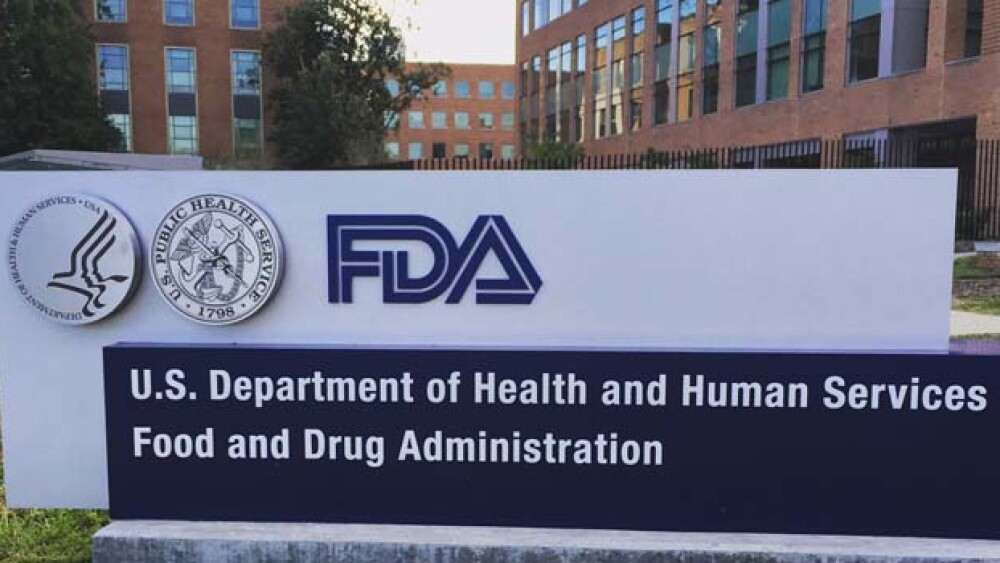
Food and Drug Administration (FDA)
NEWS
Eli Lilly and Company presented positive data from two Phase III clinical trials at the American College of Rheumatology (ACR)/Association of Rheumatology Health Professionals (ARHP) Annual Meeting in Chicago yesterday.
Following several clinical disappointments and declining stock prices over the past year, Celgene tapped Alise Reicin as its new head of the company’s global clinical development unit, with a focus on mid- to late-stage therapeutics.
Mesothelioma is a rare cancer that develops in the lining of the lungs, abdomen, or cardiovascular cavity. A 2017 study reported that the number of people affected by this rare cancer is between 2,400 - 2,800 individuals per year in the United States alone.
The American University Washington College of Law and the Food and Drug Law Institute hosted a conference late last week. One of the highlights was a plenary session that featured former commissioners of the U.S. Food and Drug Administration (FDA).
The FDA approved Sanofi and Regeneron’s Dupixent (dupilumab) as an add-on maintenance therapy for patients with moderate-to-severe asthma. The approved group is age 12 years and older with either an eosinophilic phenotype or with an oral corticosteroid-dependent asthma.
This week will have moderate activity by the U.S. Food and Drug Administration (FDA). Although they jumped the gun on Regeneron and Sanofi’s cancer drug, there are still plenty of other decisions being made this week. Here’s a look.
Execs at Novo Nordisk, AbbVie, and more made moves this week. Here’s a roundup of those changes.
Part of the Trump Administration and the U.S. Food and Drug Administration (FDA)’s strategy to push down drug prices is to develop ways to increase competition. As such, the agency launched a Drug Competition Action Plan that has several components.
Shares of Clovis Oncology are up more than 7 percent in premarket trading after the company announced positive results from a mid-stage clinical trial that showed patients treated with Rubraca achieved a 44 percent objective response rate in some patients with metastatic castration resistant prostate cancer (mCRPC).
JOBS
IN THE PRESS









